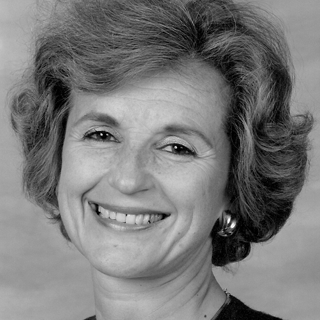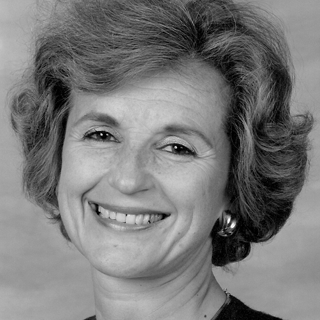Mobile Menu
- Education
- Faculty
- Research
- News & Events
- Divisions
- Equity, Diversity & Inclusion
- About Us

Nicole Patton | Coordinator, Communications & Events

Menopause continues to be a period in a majority of women and gender-diverse individuals' lives in which a number of health concerns can appear, including genito-urinary syndrome of menopause (GSM). Studies show that 50 to 70% of postmenopausal individuals, including as many as one-third of those on systemic menopausal hormone therapy (MHT), suffer from symptoms of vulvovaginal atrophy, now known as GSM. The symptoms of GSM - dryness, painful intercourse, painful urination and bleeding - often result in an impaired quality of life.
A new study, led by Associate Professor Dr. Christine Derzko, has taken a deeper look at GSM across the menopause age spectrum and how early estrogen therapy may improve the lives of patients with this condition.
"GSM is overlooked and sometimes unrecognized by physicians and healthcare practitioners, and is frequently unreported by women themselves, many of whom don’t know a therapy is available and are too embarrassed to discuss their problem," said Dr. Derzko. "These women suffer in silence as their symptoms of urogenital atrophy/GSM continue untreated and the condition worsens over the years."
The study entitled "Does age at the start of treatment for vaginal atrophy predict response to vaginal estrogen therapy? Post hoc analysis of data from a randomized clinical trial involving 205 women treated with 10 μg estradiol vaginal tablets" was completed with collaborators Dr. Sebastian Röhrich and Nick Panay, and was published in February 2021 in Menopause, the Journal of the North American Menopause Society (NAMS). The purpose of the research was to compare the response to vaginal estrogen therapy (ET) when initiated in younger women to that which occurred in older women (defined as older or younger than age 60 years). In the study objective cellular changes were determined in addition to subjective symptomatic improvements in vaginal atrophy as reported by the study patients themselves.
This work by Dr. Derzko and her team revealed a significant relationship between age and the efficacy of estrogen therapy. "Our study has shown that the response to vaginal estrogen therapy is better – more rapid and more robust - in younger women (under 60 years old) than in older women (over 60 years old) in whom, nonetheless, a very good - albeit a more slowly achieved - symptomatic and physiological response was seen. This implies that instituting earlier vaginal estrogen therapy for GSM is better and that in the older woman a longer course of treatment and follow up is needed."
Dr. Derzko noted that this research revealed a number of additional important points. "The lesson here is that we need to raise awareness among both healthcare providers and women themselves that GSM is a common problem known to lower the quality of life of affected women, but simultaneously we must emphasize that GSM is treatable. Equally importantly, we need to provide women with a safe environment in which they can feel comfortable discussing their symptoms and their concerns."
After reviewing the study, the editor of the Menopause journal and the study reviewers have suggested that, based on the provided data, the currently accepted treatment paradigm that defers local estrogen treatment for GSM until the later years needs to be reconsidered and possibly revised. Congratulations to Dr. Derzko and her collaborators! We look forward to seeing how this study will impact treatment guidelines in the future.
_____________________________________________________________
Don't want to miss a post? Follow us on social media for more news!
FACEBOOK | INSTAGRAM | TWITTER
If you would like to be a guest blogger, please contact us at obgyn@utoronto.ca.
